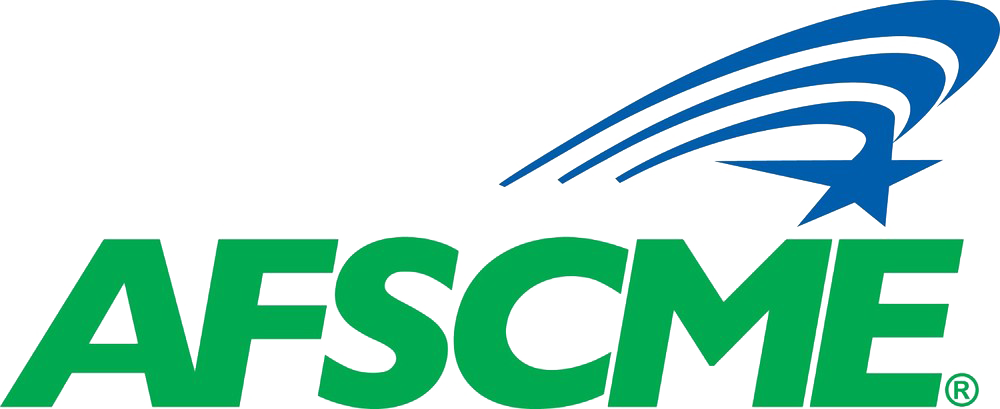Names of volunteers at State agencies are not private
Keeping names of government volunteers 'public' helps ensure government oversight
Matt Ehling, Local View, Duluth News-Tribune, April 23, 2022
While hunter data is normally private in Minnesota, if volunteering to help government in any way, that privacy standard is waived and names can be seized by anyone for any reason, (and without reason). Technology makes it simple to find someone’s address, school kids attend, phone numbers, etc. This applies for anyone volunteering for a town, county, etc. the danger for stalking, harassment or ‘doxing’ is high.
On April 7, the Duluth News Tribune published a column titled "Sportsman's View: Loophole leaves Minnesota hunters targets for anti-hunting extremists" critical of the Minnesota Legislature's failure to hear HF 4603, a bill that would have made certain data about individuals who engaged in hunting or fishing "private" data under Minnesota law - including their names in all instances.
It is important to understand that under existing state law, the name of anyone who obtains a hunting or fishing license already is classified as "private" data - meaning that it is unavailable to the public. If someone made an open records request to the Department of Natural Resources and asked for the names of everyone who obtained a hunting license in Minnesota last year, the DNR would not be able to provide that information; it is barred from producing it under state law.
What HF 4603 would have done is to make the names of anyone who participated in hunting or fishing activities "private" data if held by the government for any other purpose. Local tourism bureaus, for instance, would no longer be able to distribute lists of area fishing guides, since the names of the individuals providing those fishing services would be private data under state law.
Also, HF 4603 would have made the names of hunters performing volunteer work for city governments - such as shooting deer to help reduce local herd populations - private data under Minnesota law. This would have made the names of these government volunteers (which have been public for decades) no longer available.
Again, the law treats the names of these volunteers differently from people who have simply registered for a DNR-issued hunting license. The names of recreational hunters are private. But when a hunter provides their name to a government agency in order to help that agency perform a function, then that hunter's name is public information.
There is no doubt that the volunteer assistance that local governments receive to help stem deer overpopulation is valuable.
However, the hunters who perform such work on behalf of the public need to be identifiable, just as all other government volunteers and employees are. The name of any volunteer doing work for the government has been public information since the early 1980s - shortly after our state passed its open records law (the Minnesota Government Data Practices Act).
In the "personnel data" section of that law, volunteer names are classified as public along with the names of government employees and contractors. The same reasons apply in all cases. We live in a society that values oversight of governmental operations. People who conduct work for government agencies - whether they are paid or not - are conducting work on behalf of the public as a whole. The work performed by volunteers is certainly valuable - think of volunteer firefighters, EMTs, and reserve police officers - but that work should not be anonymous. Anonymity can lead to abuse, as it shields individuals from the consequences of their actions.
When you see a police officer on the street - whether they are a volunteer reserve officer or a paid city employee - that officer is identified by a name on a badge. The names of the employees who interact with your children at school? All of them are classified by law as public. Individuals who contract to perform government work? Their names are public, too. When names are public, people are on notice that their actions could be open to scrutiny, and their behavior often changes to reflect that. And if individuals ad negligently or cause harm while doing the government's work, the public has a right to know who was responsible. While names (and certain , other information, like salaries) are public, other information about government employees and volunteers is not available to the public, and never has been.
Home addresses, for instance, are not available as public information, and cannot be obtained through open records requests. Nor is other home contact information. Changing state law to make the names of volunteers "not public" does not change any of that - it simply removes a basic accountability measure from state law, by causing the names of those who conduct government work to disappear from the public record.
Matt Ehling Is the chair of the Minnesota Coalition on Government Information (MNCOGI) - an all-volunteer, non-partisan, non-profit organization that works to keep government information open to the public, in order to ensure government accountability.
MNCOGI raised concerns about HF 4603 and its Senate companion during the legislative session, and Its critique of HF 4603 ls publicly posted on the House Judiciary web site. HF 4603did not receive a hearing, since disagreements existed between MNCOGI and the bill's proponents over its language and Impacts. The bill's author withdrew It for more discussion. Sent on behalf of the Minnesota Coalition on Government Information (MNCOGI).
Board members are Nick Borger, Secretary; Helen Burke, Bill Bushey, Hal Davis, Pat Doyle, Matt Ehllng, Treasurer; Don Gemberling, Nancy Herther, Gary Hill, Chair; Isabella Nascimento, Sharon Schmlckle, Adrienne Vitt, and Tony Webster.
